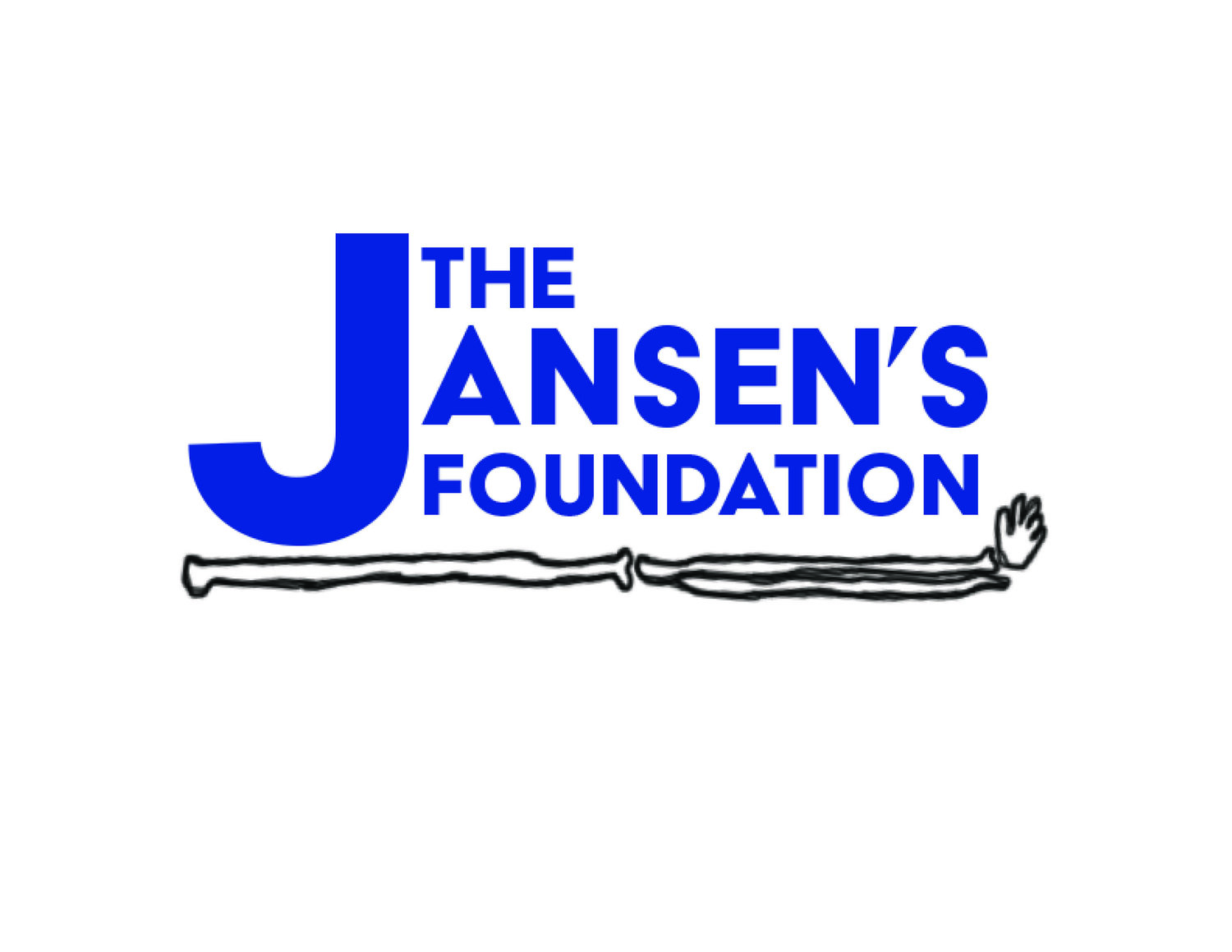For much of my adult life, I didn’t understand much about ‘Waiting for Godot’. I first encountered Samuel Beckett’s play when I was in college, many years ago, and read it grudgingly both in French and later in English. At the time, the story of Vladamir and Estragon, two men waiting for a third, who never appears, seemed a maddening slog through the existential questions of life. After reading it, I felt, if anything, frustrated; the play prompts many questions, and answers none of them.
As the title suggests, it is a play about waiting. ‘And if he comes?’ one of Beckett’s tramps asks the other near the end of the play. ‘We’ll be saved’, the other replies, although the nature of that salvation, along with so much else, remains undefined: for both characters and audience.
Waiting for Godot by Samuel Beckett, 1952
Many years later, when my boys and I received a diagnosis of Jansen’s Metaphyseal Chondrodysplasia, a rare and debilitating skeletal disease, I embarked on a seemingly impossible quest for a treatment. I quickly learned that on average, it takes at least ten years for a new medicine to complete the journey from initial discovery to the marketplace, with clinical trials alone taking six to seven years on average. The average cost to research and develop each successful drug is estimated to be $2.6 billion dollars.
I spent hours poring over research, setting up a nonprofit to spearhead drug development, and caring for my boys during endless hospital stays. During this new phase of my life, my mind often wandered back to Beckett’s play and its existential themes of endless waiting.
When you are faced with a rare disease diagnosis, your first thought is someone somewhere will do something to save the situation. Like Vladamir and Estragon, you wait for some kind of salvation from your hurt, and before long, you realize no one’s coming. You realize the person you were waiting for was yourself.
So you spring into action. You learn the science, master the ins and outs of a broken healthcare system, fundraise, write grants, and talk with those who will listen. And you learn to wait even though time is your bitter enemy.
But waiting is hard. We wait in grocery lines, in traffic, in the dentist's office. We twiddle our thumbs, stifle our yawns, and fret inwardly in frustration.
In the rare disease world, the waiting game is even harder. We wait for a diagnosis that often doesn't come, for insurance approvals that feel like small miracles, for a tiny movement that defies all odds, or for a doctor to finally listen to a mama’s heart. We wait for a child we hold in our arms to pass quietly away for the alternate would be too painful to bear. We wait for prayers to be answered. We wait for hope to be restored.
Image by www.Findacure.org.uk
I used to view waiting as mere passivity. When I looked it up in the dictionary however, I found that the words ‘passive’ and ‘passion’ come from the same Latin root, ‘Pati’, which means "to endure." Waiting is thus both passive and passionate. It's a vibrant, contemplative work. It means descending into self, into the deeper labyrinths of prayer. In the world of rare, it involves listening to unheard voices within, facing the wounded holes in the soul that come from unspeakable trials, the plastered smiles that hide unimaginable pain, and all the places one lives falsely. It means struggling with the vision of things as they could have been and molding the courage to live with things as they are.
Like J. B. Priestly, I too have always been delighted at the prospect of a new day, a fresh try, one more start, with perhaps a bit of magic waiting somewhere behind the morning. And while 2020 dealt the world the unkindest cut of all with a raging pandemic, the dawn of a new year delights us with the magic of a vaccine that promises to make everything right once more.
The break-neck speed with which this vaccine hit the market is not lost on the rare disease warriors who continue to fight all hours of the day while they await a word, an answer, a reason to go on.
Momento mori is not the end of what Beckett’s play gives us. Like this year, the play points to more than just the despair and hopelessness that we know and feel in our bones; there’s also an endurance we recognize. At the end of the play, Estragon says, “I can’t go on like this,” and Vladimir responds, “That’s what you think.” What Beckett meant, writing just after the end of World War II – and what every rare patient means when they utter these words - is that we’ll go on because that’s what we humans do. It’s not beautiful or hopeful, necessarily. It just is.
On the brink of 2021, my hope is that the spirit of human endurance strengthens the resolve of 7000 rare disease warriors, lingering on the roadside, waiting for Godot. Waiting for cures.



